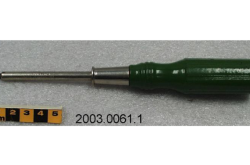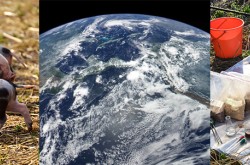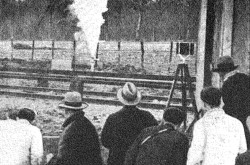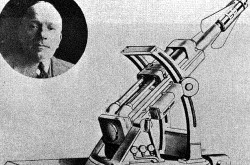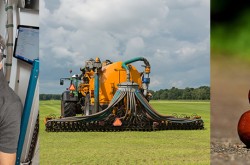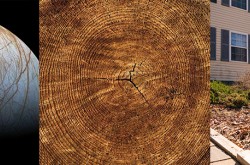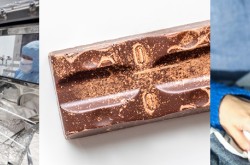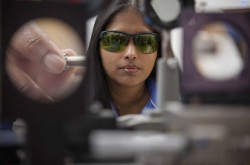Dr. Roberta Bondar
This article was originally written and submitted as part of a Canada 150 Project, the Innovation Storybook, to crowdsource stories of Canadian innovation with partners across Canada. The content has since been migrated to Ingenium’s Channel, a digital hub featuring curated content related to science, technology and innovation.
Beginning of Bondar
Roberta Bondar was born in Sault Ste. Marie, Ontario. She spent time conducting science experiments in her basement laboratory that her father built for her and loved the science fairs at her school. She also went to high school there before eventually leaving for a lengthy post-secondary education.
Her accolades in school include:
- Bachelor of Science degree in zoology and agriculture from the University of Guelph in 1968
- Master of Science degree in experimental pathology from University of Western in 1971
- Doctorate in neurobiology from the University of Toronto in 1974
- A Doctor of Medicine degree from McMaster University in 1977
- Fellow of the Royal College of Physicians and Surgeons of Canada in Neurology in 1981
…and a certification in scuba diving and parachuting.
Roberta in Space
Like many children around eight-years-old, Roberta Bondar thought that being an astronaut was the most exciting career imaginable. But, unlike many children, she eventually achieved that dream.
On January 22, 1992, Bondar and her seven-person team departed Earth in NASA’s space shuttle Discovery. That day she became the first woman and first neurologist to visit space as a payload specialist.
Over the course of the flight, she conducted over forty different scientific experiments for fourteen different nations.
Bondar, along with her research team, studied the data once they landed on Earth to further understand how the human body recovers from exposure to space.
Scientist and Physician
Dr. Bondar and her research team are renowned for their incredible research in space medicine. She studied deeply the effects that space exposure had on the human body and how it can recover. Linking various neurological diseases in astronauts with the amount of time spent in space.
She noticed that there was a strong focus placed on the image of astronauts and the public perceived them as almost superhuman beings. But due to privacy of information, many were not aware of the possible health implications that time in space could cause.
Not only did she study the effects of space travel but she experienced these first hand! Dr.Bondar shared unique experiences such as becoming so used to micro-gravity that once back on Earth she “forgot” and dropped her coffee mug.
And this was only from an eight-day trip into space.
Her research has revolutionized how the world sees astronaut medical health. Dr. Bondar’s research plays a significant role in how we care for astronauts today.



![Roberta Bondar posing for a photo [Bryan Adams / Bibliothèque et Archives Canada / numéro de référence archivistique R11443-11]](/sites/default/files/styles/large_1/public/2019-06/bondar.jpg.webp?itok=WI2k4v45)

![Radio, Receiver Source: Ingenium [Artifact no. 2001.0320.001]](/sites/default/files/styles/thumbnail_7/public/2019-06/radio1.png?h=bb5d882f&itok=Zk95qLNH)
